Modern Farming The Path to Sustainable Agriculture
Modern Farming: The Path to Sustainable Agriculture serves as a crucial resource in an era defined by rapid technological advancements and pressing environmental challenges. This book provides a comprehensive guide to contemporary farming practices, aiming to balance efficiency with ecological responsibility. It is meticulously designed to be a valuable asset for farmers, agronomists, students, and anyone invested in the future of agriculture. Through its detailed exploration of modern farming, the book emphasizes a holistic approach that extends beyond merely increasing yields. It delves deeply into understanding and improving soil health, efficiently managing water resources, and selecting appropriate crops through rotation and diversification. By focusing on soil composition, nutrient cycling, and the soil food web, the book underscores the foundational importance of soil health in sustainable agriculture. Additionally, it addresses water management strategies, highlighting efficient irrigation systems and water conservation methods essential for adapting to climate change and water scarcity. The book covers a wide array of topics integral to modern farming. It examines crop selection and rotation, alongside companion planting and polyculture, to promote genetic diversity and resilience in crops, crucial for maintaining soil fertility and controlling pests and diseases. Integrated Pest Management (IPM) is discussed as a balanced approach to pest and disease management, advocating the use of both organic and chemical pesticides, as well as disease-resistant crop varieties. Advanced farming technologies, such as precision agriculture, drones, satellite imagery, automated machinery, and smart farming technologies like the Internet of Things (IoT), are explored for their transformative impact on productivity and efficiency. Sustainable practices, including organic farming, agroecology, permaculture, no-till and reduced-till farming, agroforestry, and silvopasture, are examined for their roles in promoting environmental stewardship and long-term sustainability. Further, the book delves into sustainable livestock and poultry management, waste management, and biogas production. It also covers innovative farming techniques, such as greenhouse and indoor farming, including controlled environment agriculture (CEA), hydroponics, aquaponics, and aeroponics. Renewable energy sources like solar and wind power, bioenergy, and biomass are discussed for their potential to reduce the agricultural sector’s carbon footprint. Farm business management topics, including financial planning, budgeting, diversification, value-added products, and accessing grants and subsidies, are comprehensively covered to ensure economic viability. With insights into agricultural policies, regulations, environmental compliance, and the impact of global trade, the book helps readers navigate the complex landscape of modern agriculture. Through case studies and success stories, “Modern Farming: The Path to Sustainable Agriculture” showcases innovative farmers and real-world applications of modern practices, providing inspiration and practical lessons for successful farming operations. This meticulously compiled and edited guide is designed to advance sustainable agricultural practices, balancing productivity and ecological integrity, and is beneficial to students of Agricultural Sciences and related subjects. The author acknowledges the contributions of all chapter writers, ensuring the book’s facticity and accuracy.
Get it now and save 10%
BECOME A MEMBER

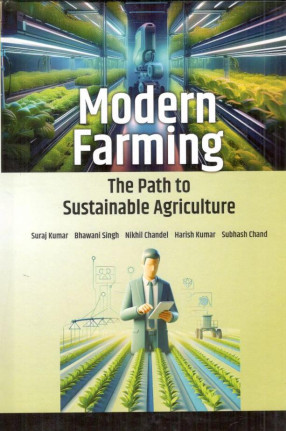
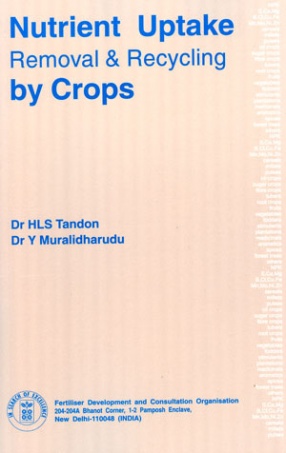
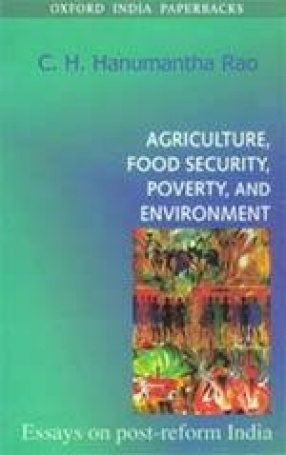
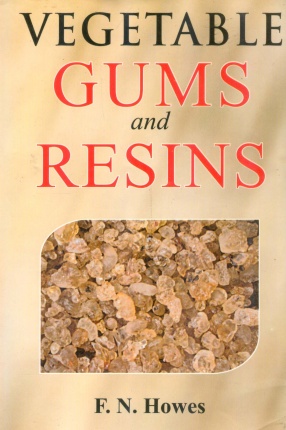
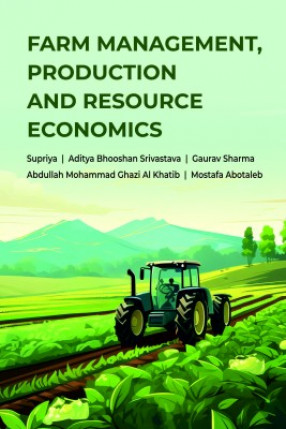

Bibliographic information